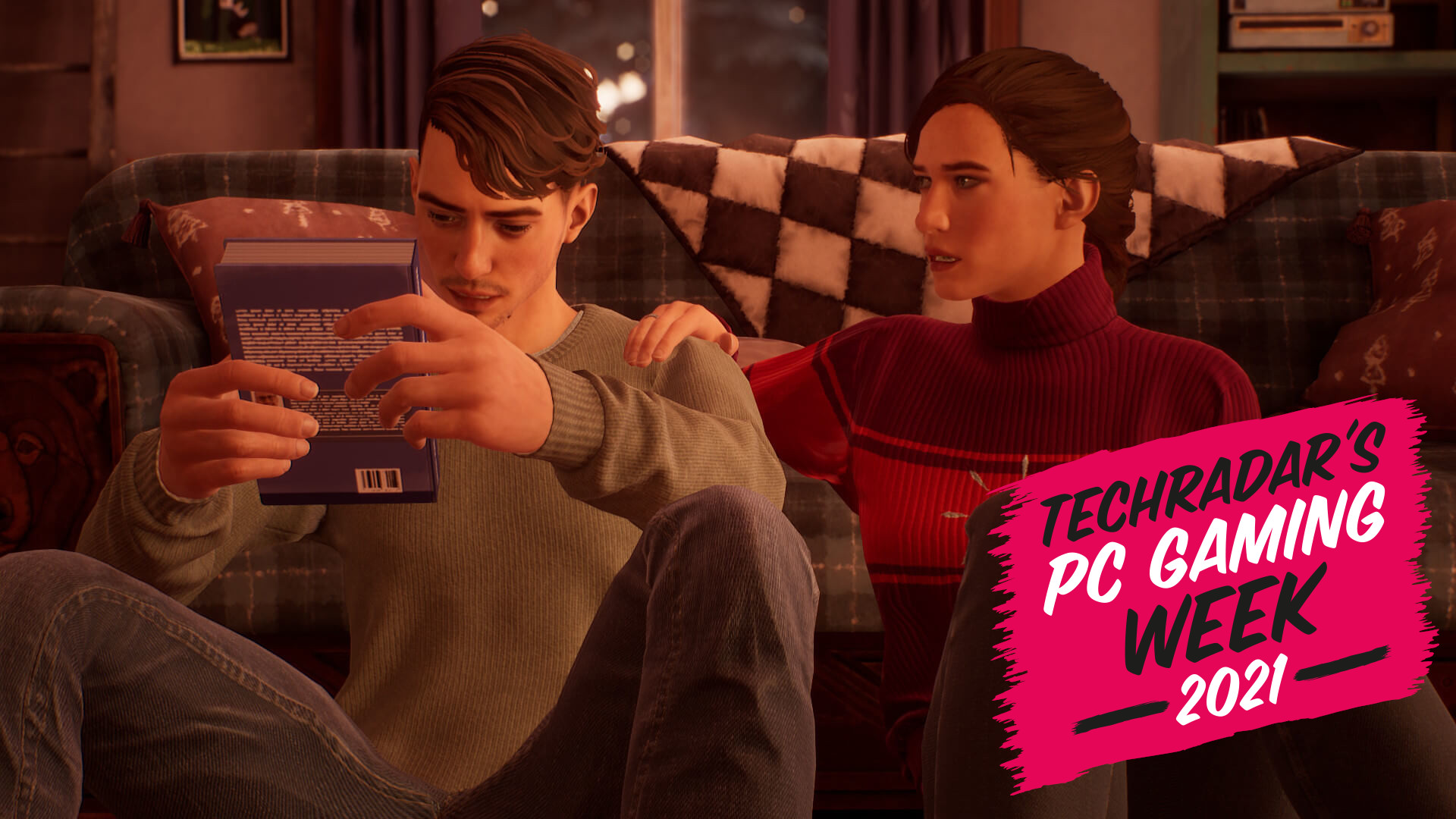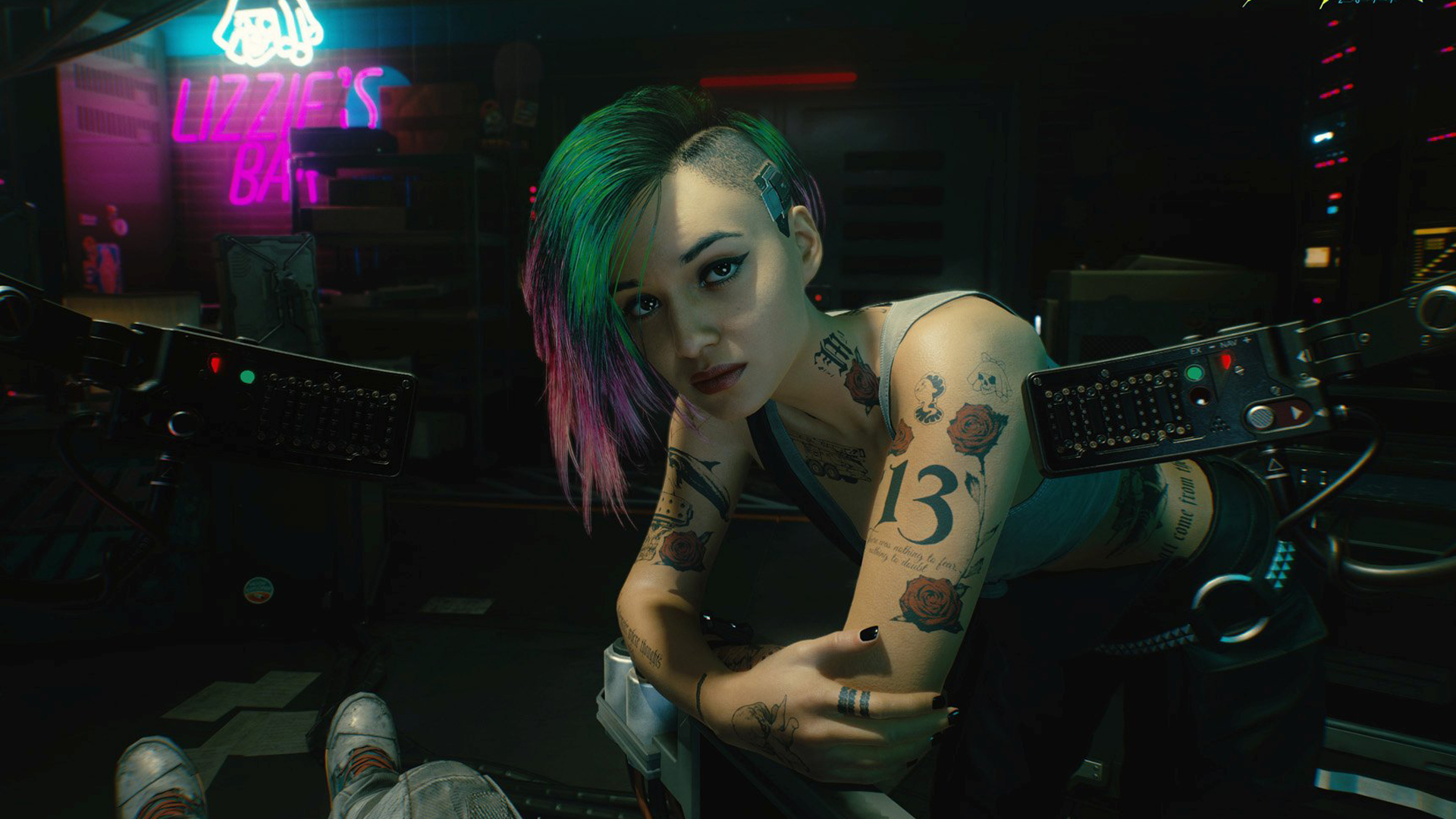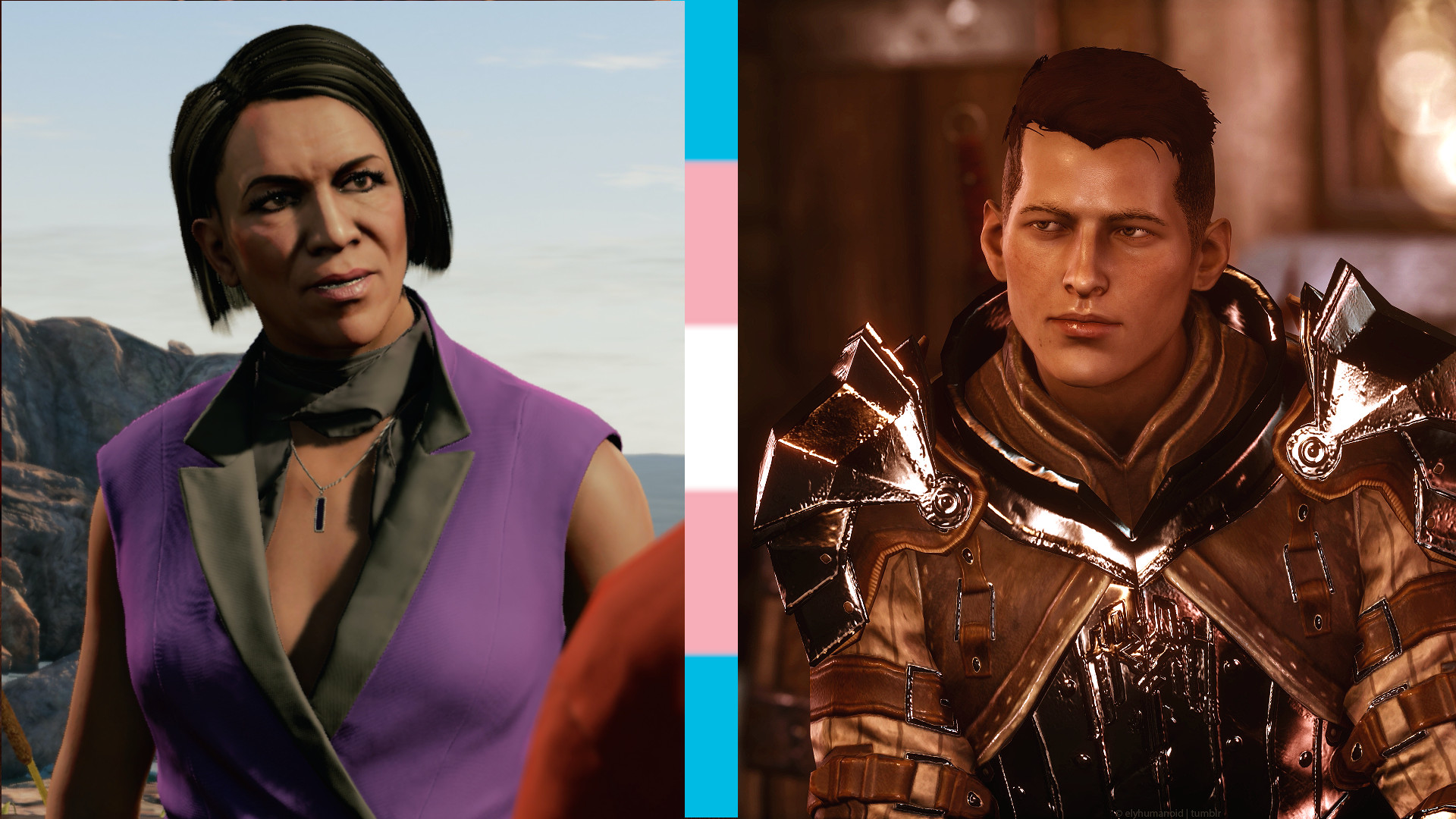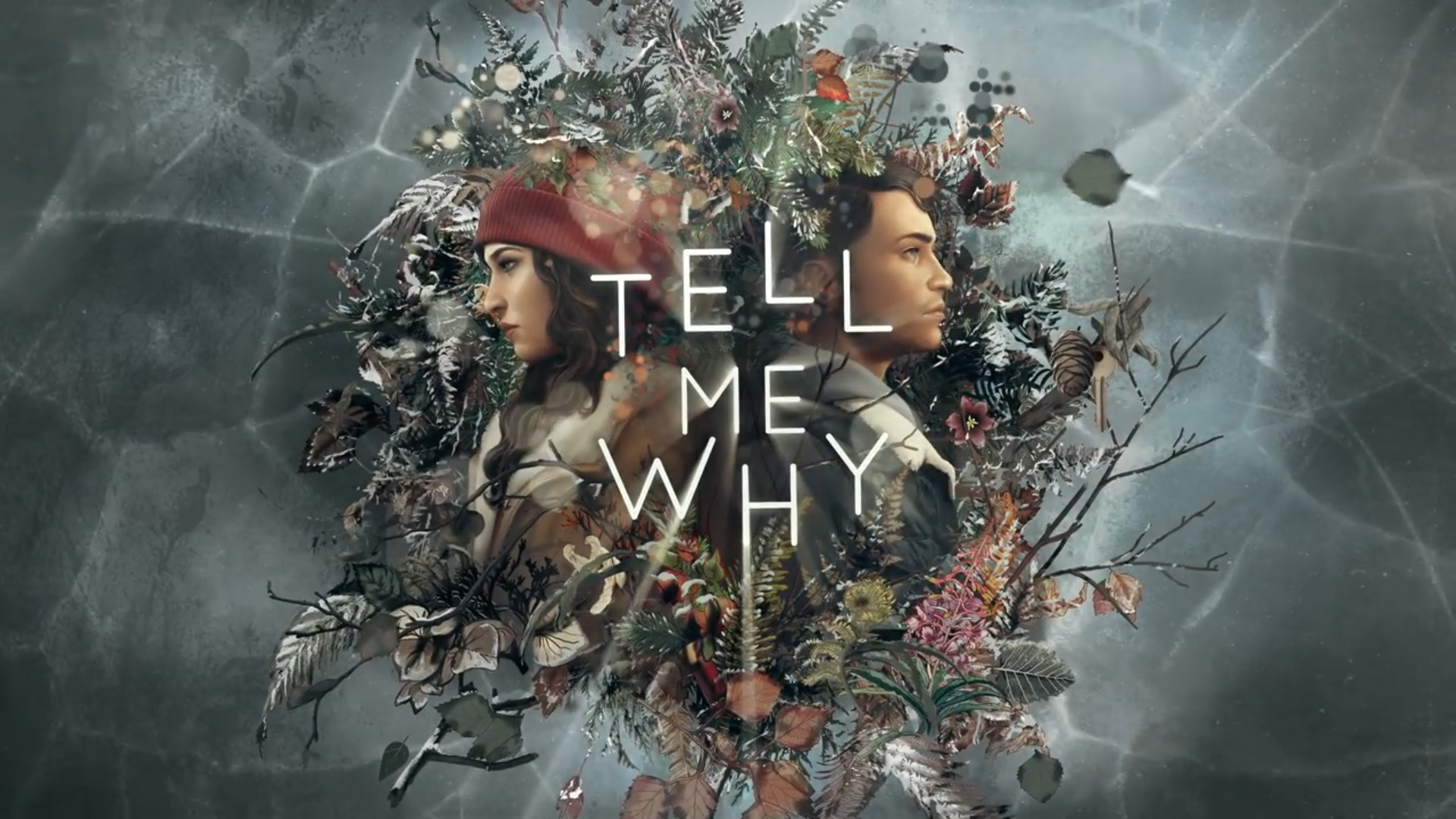Trans representation in gaming exists, but there's work to be done
The fight for inclusion continues

Sign up for breaking news, reviews, opinion, top tech deals, and more.
You are now subscribed
Your newsletter sign-up was successful
Trans representation in PC gaming has had a rocky history. From offensive stereotypes to missed opportunities, it has often felt like genuine transgender characters and stories were something developers weren’t interested in doing properly. But a lot is starting to change, and it’s time to take a look at trans representation in gaming in-depth - how it’s progressed, how it can improve, and why it’s so important that trans stories are told in the media.
Over the years, as society has become more open and accepting towards trans people, more forms of media have been making efforts to tell these stories and promote positive representation. Whether it’s newer titles introducing transgender protagonists or older games like World of Warcraft adding trans characters to their cast, more games are starting to figure it out.
However, transgender people are still under-represented in gaming. This shouldn’t be a controversial statement – it’s been the norm for as long as video games have existed. Even when trans characters were added to a game in previous generations, more often than not they were stereotypes or derogatory jokes like the sex workers in games like Grand Theft Auto.
Some were much more respectful, but their identity is deliberately ambiguous, leaving players wondering if they’re even trans at all. Even today, big titles like Cyberpunk 2077 are failing to get it right, fetishizing trans women on billboards which were then used as part of the game’s actual real-life marketing. As a trans person, it’s exhausting to see these awful attempts at inclusion.

Thankfully, more PC games are starting to introduce genuine, respectfully-portrayed trans characters. It’s taken a long time to reach a point where these characters are more than a quirky joke or some kind of “other” among the cast, but positive representation is finding a place. Titles like Dragon Age: Inquisition and Watch Dogs introducing believable, interesting trans characters who were more than the stereotypes of past generations.
In 2020, Tell Me Why became the first major studio game to feature a trans protagonist, which is a great milestone. Then Celeste, an indie platforming game, was later revealed to have a trans protagonist. These titles have opened the door for more games to be ambitious with their trans characters, and not just settle for ambiguity or comic relief.
But why is this important? Trans people are just one group, and we certainly don’t need trans characters in every game under the sun, right? Well, yes, jamming trans characters into games without thinking isn’t going to accomplish much, aside from reinforcing stereotypes when they’re inevitably poorly written or portrayed. I’m certainly not suggesting every single game needs trans representation in some form.
Sign up for breaking news, reviews, opinion, top tech deals, and more.

What matters is that trans people have characters that they can relate to, that feel like a part of a game’s world just as much as any other character. People often play games to live out a fantasy – the one-man-army shooting his way through hordes of bad guys, the hero who saves the world, and so on. They offer us escapism, but they also offer us stories. Stories about things we all experience in one form or another – love, loss, hardships, triumphs.
For trans people, our stories are often overlooked. Acceptance of trans people in the wider society still isn’t where it needs to be, and that goes for the entire world, not just the gaming community. Sure, the odd minor trans character here and there helps, but it’s easy to feel like we’re not being seen or not taken seriously.
With more positive trans representation in media, this is starting to change. All forms of media, from games to film and TV, are incredibly influential when it comes to the perception of certain groups or individuals. Gone are the days of trans characters being used as a punchline. Now, we have meaningful stories being told, stories that can help people find comfort in themselves or gain a better understanding of complex issues.

Tell Me Why is perhaps the best example of a trans story done well in a video game. It told a beautiful and emotional tale about family, love and dealing with personal loss and trauma. It tackled issues the average person would never even think about, and it gives you a glimpse into what life can be like for trans people – the positives, the negatives, and everything in between. Stories like these push boundaries and open minds.
On the other end of the spectrum, it’s ok to add characters who aren’t so vital to the storyline. FL4K from Borderlands 3 is non-binary, and aside from a few lines throughout the game, there’s really not much to suggest FL4K is any different from a typical robot. You’re not reminded of their identity constantly, and the average player probably won’t be affected at all – but the inclusion of a non-binary character may help some people feel like their identity is valid, and that’s a powerful thing for a game to be able to do.
As time goes on, I hope we see more stories like these, more characters that different people can relate to, and more creativity in how these characters are developed. The world can be a challenging place for many of us, and games are a place where people who might be struggling can find solace, comfort and enjoyment. Trans representation may not be entirely where it needs to be, but serious progress is being made and I have high hopes that the world of gaming can be a more open and inclusive place for everyone in the years to come.
- Welcome to TechRadar’s PC Gaming Week 2021, our celebration of the greatest gaming platform on Earth. Despite the global pandemic and ongoing GPU shortages, PC gaming has never been more vibrant and exciting, and throughout the week we’ll be reflecting this with a selection of in-depth articles, interviews and essential buying guides.

Dani is a freelance writer and lifelong fan of gaming with a passion for storytelling. When she's not playing or writing about games, she's probably thinking about them.